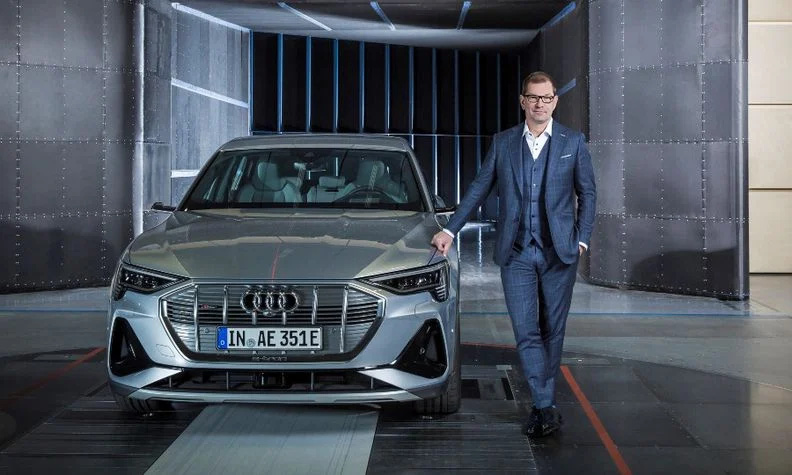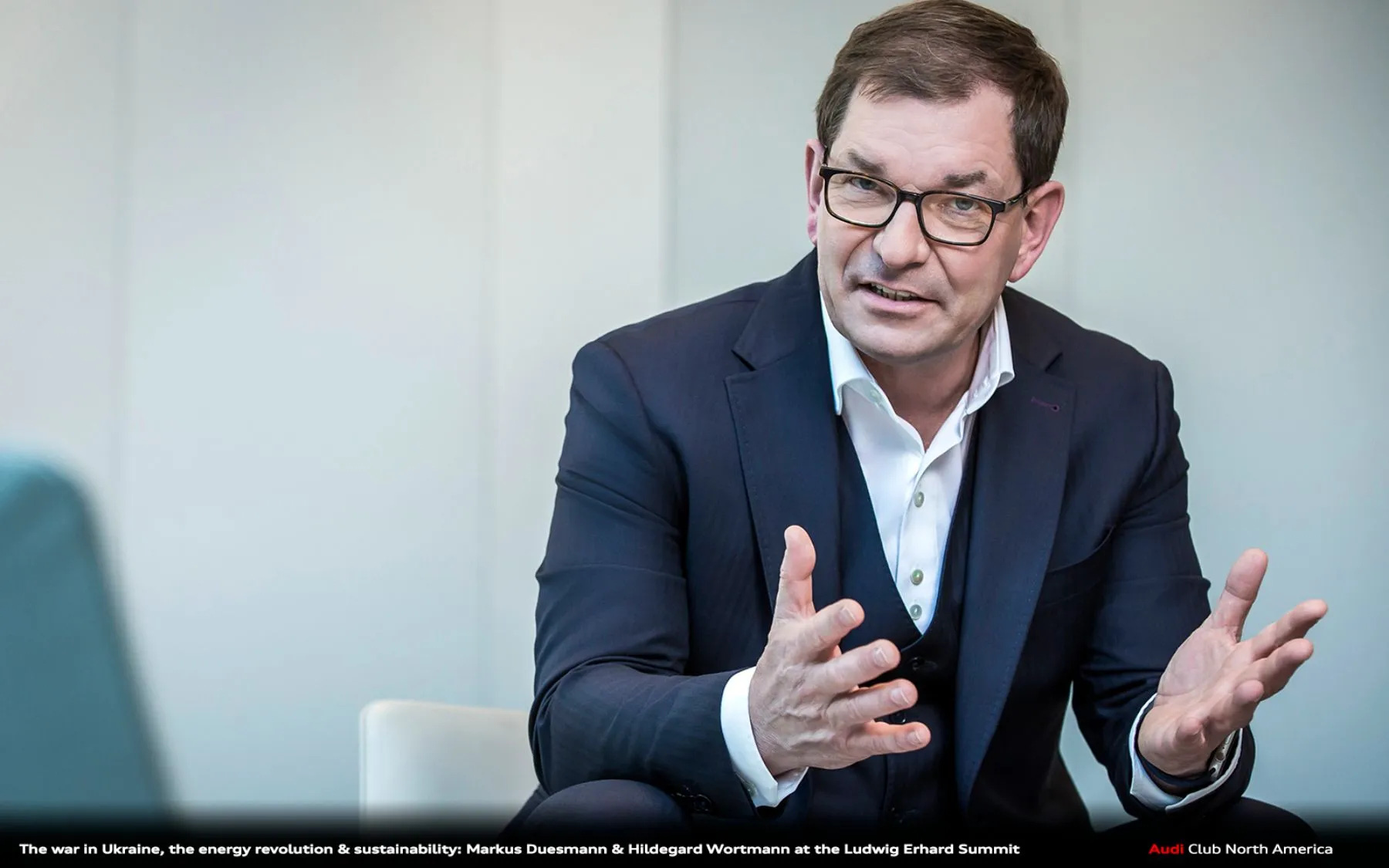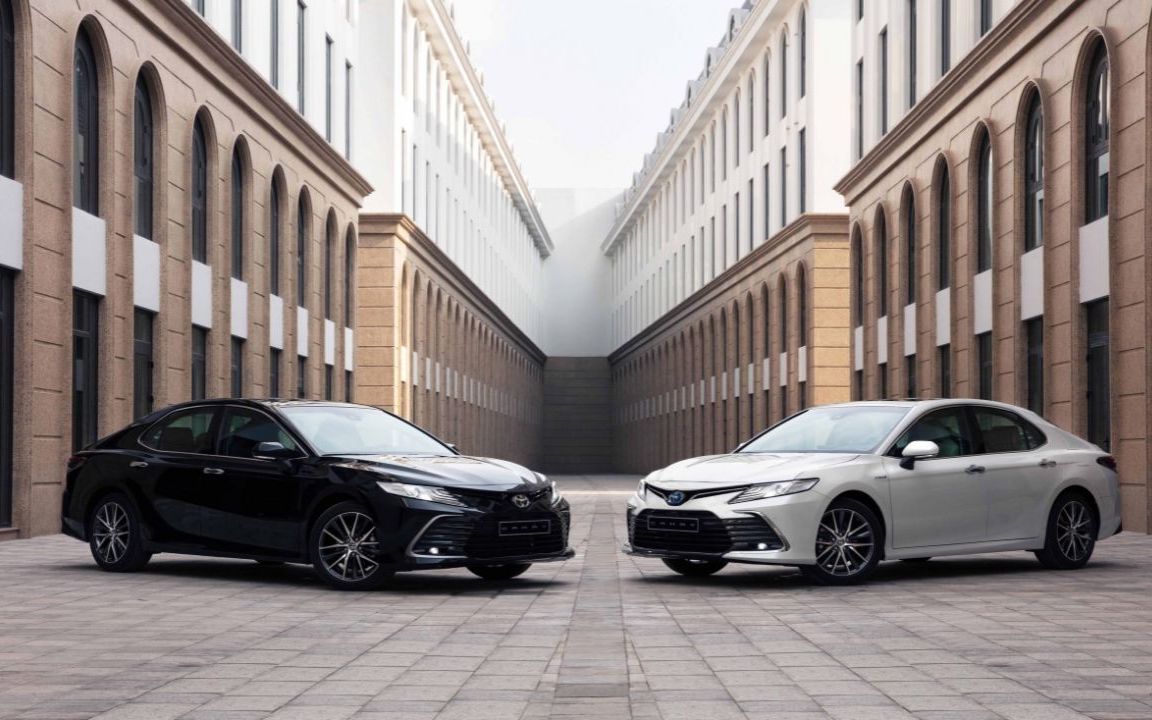Audi CEO urges European car manufacturers to do this
Europe’s carmakers should abandon fossil fuels from 2040, Volkswagen parent company Audi CEO Markus Duessmann said, calling for faster expansion of renewable energy capacity in Bavaria, where Audi is based, and elsewhere.
These discussions happen around when a whole Europe oil and fuel energy embargo could happen to Russian suppliers in the context of Moscow’s invasion of Ukraine, also recently the two European countries are Poland and Bulgaria have been stopped from supplying gas by Russia. This has been putting pressure on companies and governments to expand their investments in renewable energy, with Mercedes-Benz promising new investments in wind and solar energy to provide energy. quantity for their factories.
Mercedes-Benz aims to halve CO2 emissions by 2030, providing a goal of CO2 neutrality by 2039. The company will also aim to equip 70% of the energy needed for car production. renewable energy by 2030, increasing from 45-50% at present.

Duesmann: “We have to put all our energy into battery-electric cars to serve the mobility needs of each individual.” Photo: @AFP.
Mercedes-Benz has said that about 15% of this energy will come from wind and solar plants linked to Mercedes-Benz facilities. The rest will be provided through so-called Power Purchase Agreements (PPAs), in which electricity producers are paid to generate a certain amount of energy over a number of years at a set price. Currently, the automaker is also in advanced discussions to purchase more wind power through a PPA worth one billion euros ($1.09 billion) by 2025.
Volkswagen Audi CEO Markus Duessmann said at a conference: “Be courageous like Europeans and accept for yourself the complete abandonment of fossil fuels from 2040. We must put all our energies into those battery-electric vehicle to serve the mobility needs of each individual”.
Audi will stop selling cars with internal combustion engines from 2033. Parent company Volkswagen will do so from 2035 in Europe and then in China and the United States. Klaus Zellmer, member of Volkswagen’s sales board, told Muenchner Merkur: “In Europe, we will leave the internal combustion vehicle business between 2033 and 2035, in the United States and China later. In South America and Africa, it will take longer due to the fact that political framework conditions and infrastructure are still lacking.” By 2050 at the latest, the entire Volkswagen Group fleet will be CO2-free.”
In Europe, Markus Duessmann is targeting electric cars to account for 70% of all sales by 2030. This helps the company prepare for the possibility of tightening the European Union’s climate goals, and even even beyond those goals. Because EU policymakers have curbed emissions, forcing carmakers to push for low-emission technology development or face penalties if emissions limits are exceeded. CO2 emissions.

Volkswagen’s Audi chief executive said Europe’s carmakers should abandon fossil fuels from 2040, calling for faster expansion of renewable energy capacity in Bavaria, where Audi is based. and other places. Photo: @AFP.
However, other automakers such as BMW warned against focusing entirely on electric vehicle production too soon, with demand for internal combustion engines still high. BMW CEO Oliver Zipse said that companies must be careful not to become too dependent on a select few countries by focusing solely on electric vehicles, adding that there is still room for life. internal combustion engine cars.
“When you look at the technology that’s coming, the push for EVs, we have to be careful because at the same time you’re going to increase our dependence on very few countries,” Zipse said at a roundtable in New York. York, stressed that the supply of raw materials for batteries is mainly controlled by China. Therefore, if the current crisis of lack of chips and components for car manufacturing continues, car manufacturers will face many difficulties. increase.
He has long advocated against bans on the sale of combustion engine cars in the face of growing pressure from regulators on the auto industry to curb carbon emissions. and its environmental impact.
Delivering more fuel-efficient internal combustion engine vehicles is key both from a profit and an environmental perspective, Zipse argues, pointing to gaps in charging infrastructure and electric car prices are high.
at Blogtuan.info – Source: danviet.vn – Read the original article here

